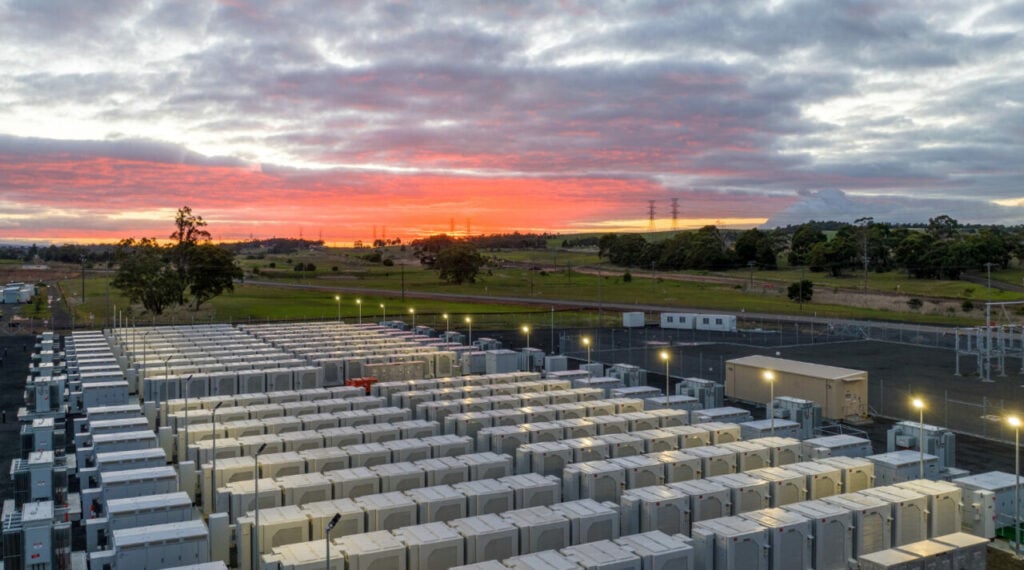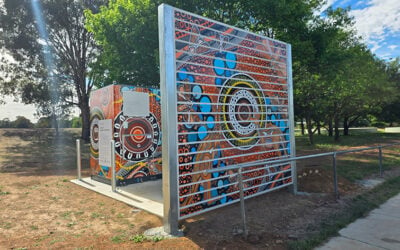
A new report published by Australia’s Commonwealth Scientific and Industrial Research Organisation (CSIRO) has found that large-scale battery energy storage system (BESS) capital costs have improved the most in 2024-25, falling by 20% year-on-year (YoY).
Detailed within the organisation’s GenCost draft report, which provides an annual assessment of Australia’s future electricity generation costs used in infrastructure planning, variable renewable energy generation technologies such as solar PV and wind continue to lead the country’s energy transition, with these being the fastest-growing energy sources in the country. Despite this, large-scale BESS was the most improved technology.
CSIRO said that due to supply chain disruption and freight costs following the COVID-19 pandemic, the 2022-23 editions of the report observed an average 20% increase in technology costs. In the 2023-24 edition of GenCost, there has been a general decrease in capital costs for key enabling technologies for the energy transition, such as solar PV and energy storage. For instance, large-scale solar PV capital costs fell 8% for the second consecutive year.
According to the GenCost report, CSIRO has said that modelling nuclear’s long operational life factor across all new-build electricity generation technologies presents “no unique cost advantage over other technologies”.
Try Premium for just $1
- Full premium access for the first month at only $1
- Converts to an annual rate after 30 days unless cancelled
- Cancel anytime during the trial period
Premium Benefits
- Expert industry analysis and interviews
- Digital access to PV Tech Power journal
- Exclusive event discounts
Or get the full Premium subscription right away
Or continue reading this article for free
CSIRO chief energy economist and GenCost lead author Paul Graham said the draft report found no unique cost advantage in nuclear technology.
“Similar cost savings can be achieved with shorter-lived technologies, including renewables, even when accounting for the need to build them twice,” Graham said. “The lack of an economic advantage is due to the substantial nuclear re-investment costs required to achieve long operational life.”
The draft report found GenCost’s previous analysis of nuclear’s capacity factor range of 53% to 89% fair and remains unaltered based on verifiable data and consideration of Australia’s unique electricity generation sector.
The report indicates that global median nuclear construction times have risen from 6 years to 8.2 years over the past five years, resulting in a total development timeframe of approximately 12 to 17 years. Based on this analysis, GenCost has determined that the total lead time for nuclear development in Australia will be at least 15 years.
You can read the full article on our sister site PV Tech.





